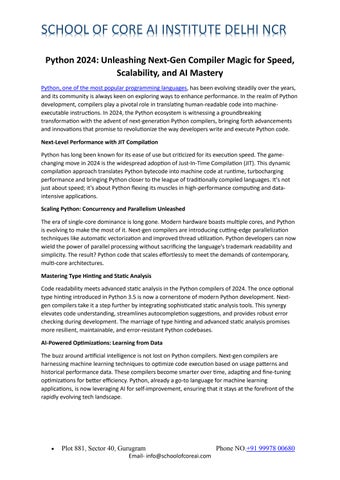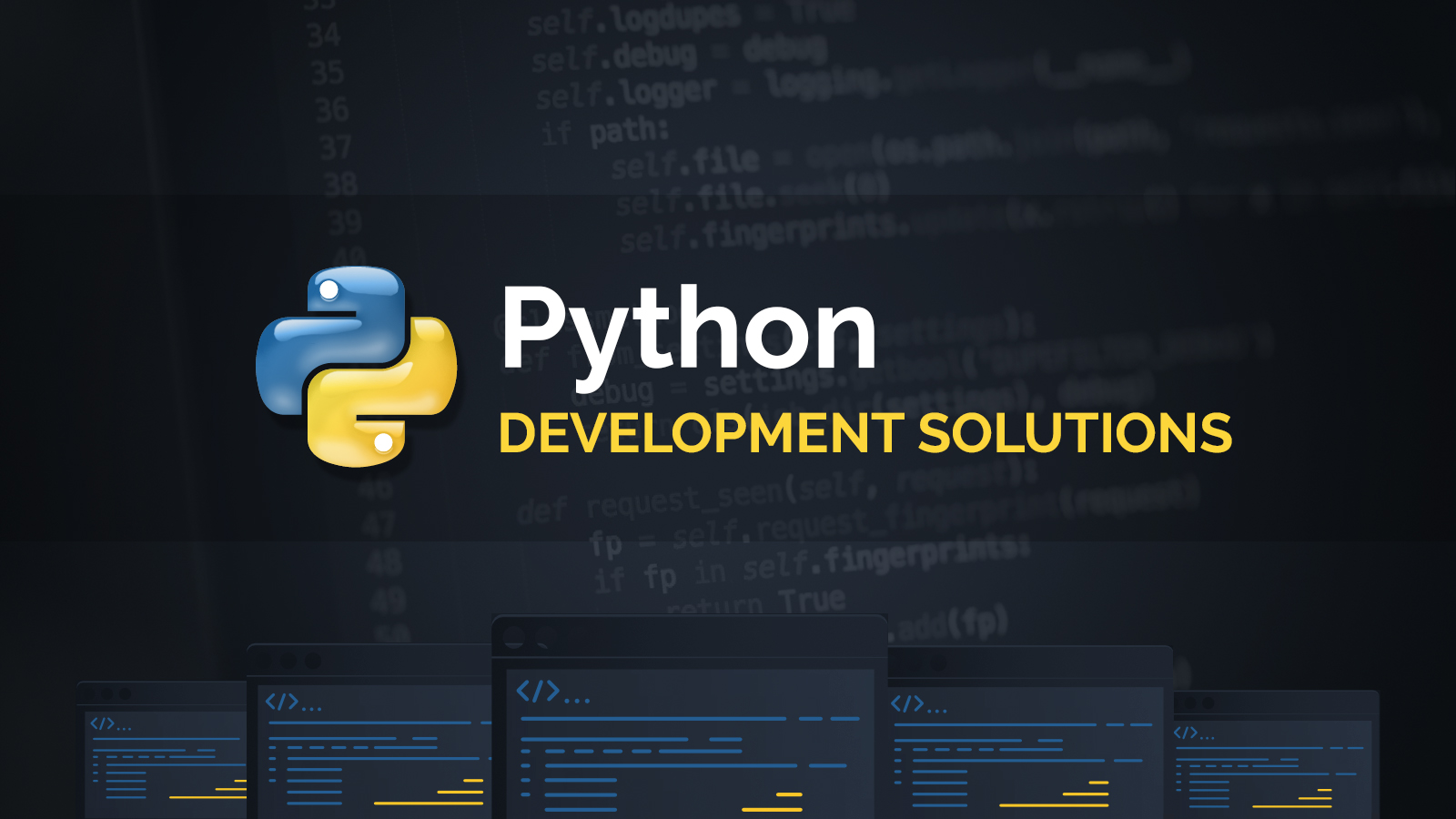
Python’s Performance Boost: Unleashing the Power of Compiler Optimizations
As a Python developer, I’ve always been fascinated by the language’s ability to balance ease of use with performance. Recently, I stumbled upon an exciting development that has taken the Python community by storm: the impact of Fedora’s switch to the -O3 optimization flag on Python’s speed.
The Power of Compiler Optimizations
Compiler optimizations have long been a crucial aspect of programming language development. By leveraging these optimizations, developers can significantly improve the performance of their code. In the case of Python, the introduction of the -O3 optimization flag has led to a substantial boost in speed.
 Optimizing Python code for better performance
Optimizing Python code for better performance
Fedora’s Bold Move
Fedora, a popular Linux distribution, has taken the bold step of building its Python packages with the -O3 optimization flag. This move has sparked a lot of interest in the developer community, with many wondering what this means for the future of Python development.
The Impact on Python’s Speed
So, what does this mean for Python’s performance? In a nutshell, the -O3 optimization flag enables more aggressive compiler optimizations, resulting in faster execution times. This is particularly significant for data-intensive applications, where even small performance gains can have a substantial impact.
 The impact of -O3 optimization on Python’s speed
The impact of -O3 optimization on Python’s speed
A New Era for Python Development
As Python continues to evolve, it’s clear that the focus on performance will only continue to grow. With Fedora’s switch to the -O3 optimization flag, we’re witnessing a significant shift in the way Python is developed and optimized.
Conclusion
In conclusion, the recent developments in Python’s performance are a testament to the language’s ability to adapt and evolve. As developers, it’s essential to stay ahead of the curve and take advantage of the latest optimizations to unlock the full potential of Python.
 The future of Python development
The future of Python development















